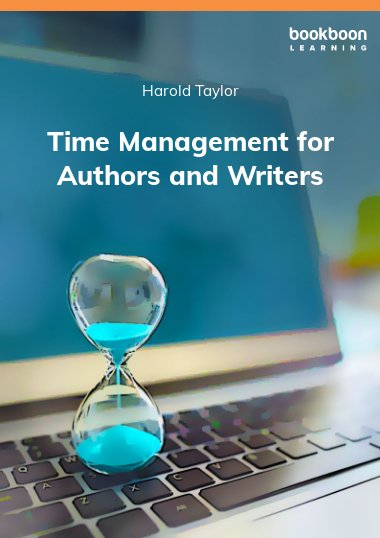Oliver Berkeman, in his 2023 book, “Four Thousand Weeks,” says that surveys reliably show that “We feel more pressed for time than ever before.” He even mentions that a Dutch team suggested back in 2013 that busyness might be understated since many people are too busy to participate in surveys. There could be more truth than humor in that statement.
One thing that increases busyness is the frequency of distractions in this digital world of social media, smartphones, and electronic communication. Researcher Dr. Gloria Mark, in her 2023 book, “Attention Span,” says that most people spend a large portion of their time on digital devices. She explores the impact of our digital society on our attention span and focus and mentions cognitive psychologist Herb Simon’s quote of long ago, “A wealth of information creates a poverty of attention and a need to allocate that attention efficiently.”
Technology is taking its toll on our attention span if we spend an average of just 40 seconds on any screen before shifting our attention, and it if it takes 25 minutes to bring our attention back to task after an interruption, as stated on the cover leaf of Mark’s book. And it’s difficult to focus on important tasks in accordance with Cal Newport’s “Deep Work” and Mihaly Csikszentmihalyi’s “Flow” when we are not only experiencing interruptions from others, but also interrupting ourselves.
It’s not simply a case of summoning enough willpower to ignore our devices, according to the 2022 book by Johann Hari, appropriately called “Stolen Focus.” Technological distraction, which reduces our attention, is one we must overcome. This includes receiving emails, text messages, phone calls, and so on. These have been shown by one study to decrease a worker’s IQ by an average of 10 points. “In the United States, teenagers can focus on one task for only 65 seconds at a time, and office workers average only three minutes.” Statements like these appear on the jacket of Hari’s book and make one take notice.
Task switching, better known as multitasking, is another culprit. “Evidence suggests,” that if you spend a lot of time switching tasks, “you’ll make more mistakes, you’ll be less creative, and you’ll remember less of what you do,” according to Hari. He interviewed Dr. Mark on the topic. She has had over two hundred papers published in the fields of human-computer interactions and computer-supported cooperative work. She said that the average American worker is distracted roughly once every 3 minutes.
Hari also refers to a study at Carnegie Mellon University’s Human Computer Interaction Lab, as well as other studies, indicating that most workers with active smartphones lose 20 to 30% in performance. And most of us don’t even consider that using a smartphone while working on a project is multitasking. Hari makes the point that consistent distractions have as bad an effect on your attention on the road as consuming so much alcohol that you get drunk.
“Technological distraction” also includes social media, pop-up ads, Internet surfing, and so on. Our biggest problem with focus is not only the distractions, but our inability to cope with them.
How do writers ever finish their novels or nonfiction books? Well, I’ve already mentioned in past articles how some well-known writers such as John Grisham and Stephen King manage to focus. Most of them write for shorter periods of time, such as mornings only. Others work longer hours to compensate for lost time. And still others build a habit of working at times when they feel comfortable ignoring any potential interruptions.
Cal Newport, in his book, Deep Work, adds to that by describing the lengths to which some authors go to avoid the digital world when they write. Mark Twain evidently wrote much of The Adventures of Tom Sawyer in an isolated shed far from the main house. And he didn’t even have a digital world to escape from. Woody Allen, who wrote 44 films, never owned a computer, according to Newport, and used a manual typewriter. JK Rowling was absent from social media when she wrote her Harry Potter novels – at a time when technology was on the rise.
Technology isn’t to blame. I think everybody would agree that it has increased productivity immensely. Unfortunately, how it’s used and how we respond to it, and how some companies and advertisers take advantage of it, has offset most of the time saved, if not more. I’ll talk about that in my next article.
Note: Harold’s latest eBook, Time Management for Authors & Writers, has recently been published by Bookboon.com. Click here.


Recent Comments